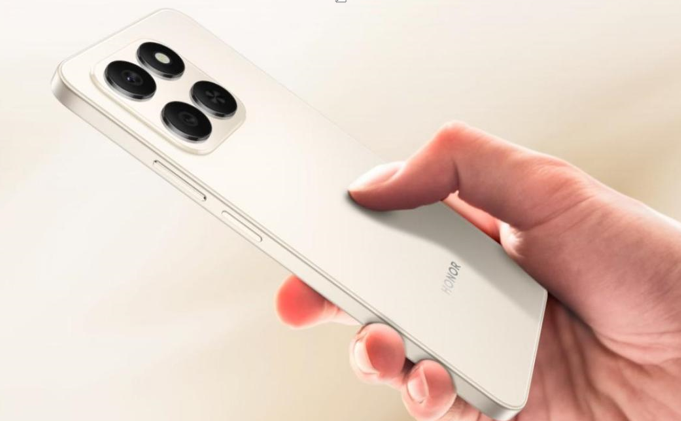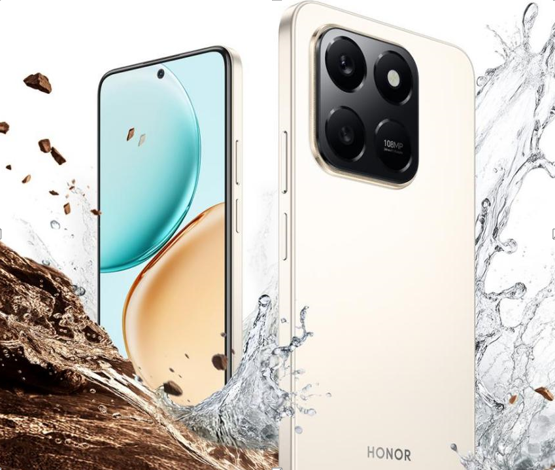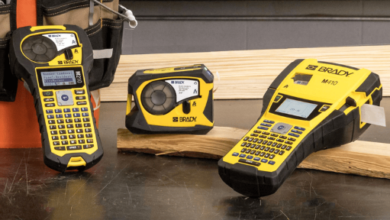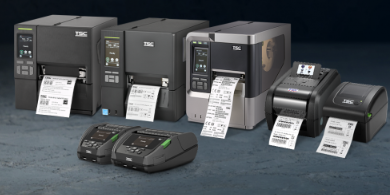
Can Mobile Apps Truly Save Us Time and Effort?
Mobile apps have firmly planted themselves in the fabric of our daily lives, offering a slew of services designed to simplify tasks and optimize efficiency. These digital tools promise to help us navigate work demands, personal errands, and even enhance health and learning regimes. But amidst the sea of apps available, one wonders if they truly live up to their claims of saving time and reducing effort. While some argue that these apps streamline processes, others believe they clutter our digital space and create new distractions. It’s essential to scrutinize the functions of these mobile assistants and discover whether they genuinely deliver on easing our workload or whether they merely serve as digital distractions masquerading as solutions. Devices such as the HONOR X7d highlight how powerful hardware paired with the right apps can transform convenience into real productivity gains.
Ways Mobile Apps Reduce Workload
Automating Repetitive Tasks
Incorporating mobile apps into daily routines often leads to significant reductions in repetitive workload. Task management apps, such as Todoist and Microsoft To Do, help schedule assignments, set reminders, and track progress, preventing tasks from piling up or being forgotten. Workflow automation tools like Zapier enable users to connect multiple apps, streamlining data transfer and task execution without manual intervention. Furthermore, apps such as IFTTT enable users to automate daily device actions—for instance, saving Instagram photos to Google Drive—eliminating routine digital chores. Maximizing app functionality in repetitive tasks not only cuts down time spent but also enhances operational efficiency.
Streamlining Communication & Collaboration
Effective communication is the linchpin in workplace efficiency, and mobile apps streamline exchanges effortlessly. Tools like Slack and Microsoft Teams foster real-time communication within teams, significantly reducing email clutter and enhancing swift response times. Video conferencing apps like Zoom and Google Meet enable face-to-face meetings without geographical constraints. Email apps provide quick sorting and prioritizing, ensuring critical communications aren’t buried. By reducing communication gaps, apps like these enhance team cohesion and accelerate project timelines. The resulting efficiency in collaborative efforts saves valuable time otherwise spent juggling multiple platforms or awaiting responses, making mobile apps crucial instruments in modern professional environments.
Managing Daily Errands & Personal Life
Mobile apps dedicated to everyday management help organize personal life seamlessly, transforming how we handle day-to-day tasks. Grocery delivery services like Instacart ensure essentials arrive at our doorsteps, cutting down trips to crowded stores. Ride-hailing apps such as Uber provide quick access to transport, eliminating waiting time for various transit options. Apps organizing family schedules, like Cozi, sync calendars and to-do lists among family members, ensuring everyone is aware of each other’s commitments without confusion. Furthermore, recipe and meal planning apps offer quick access to various cuisines and streamline preparation. By reducing physical and mental load in errand management, these apps help maintain an effective balance between work commitments and personal life, marking a definitive stride towards efficient living.
See also: Exploring The Role Of Oled Manufacturers In Modern Technology
Boosting Productivity & Learning
Enhancing productivity and promoting effective learning initiatives through mobile apps are now commonplace. Productivity apps like Trello and Asana organize tasks into boards and lists, guiding users through project timelines step by step. Learning Apps, such as Duolingo and Coursera, offer skills improvement courses and education at one’s convenience, transforming commuting hours into productive learning sessions. Pomodoro apps remind users to take regular breaks, ensuring refreshed focus and sustained concentration. Note-taking apps like Evernote preserve innovative ideas and critical information through easily searchable tags, enhancing recall productivity. By tailoring productivity and learning experiences through these apps, users optimize efforts and make more informed progress in both professional growth and personal interests, transforming potential downtime into constructive endeavors.

Tips for Choosing Apps That Actually Save Your Time
Look for Simplicity & Intuitive UI
Simplicity and intuitive design are crucial in an app’s effectiveness. Users prefer apps like Google Keep for its straightforward design, focusing solely on capturing thoughts and organizing notes without superfluous steps. Intuitive design signifies ease of navigation, allowing users to perform tasks quickly without consulting extensive guides or tutorials. Search efforts are minimized when choosing apps with easily accessible features, leading to saved minutes that accumulate into significant efficiency over time. Apps that emphasize simple onboarding and no-fuss navigational layout provide immediate usefulness, making them perfect for users across varied tech proficiency levels. Hence, selecting apps centered around straightforward user experience results in sustained time savings and makes regular use a hassle-free expertise.
Prioritize Integration & Syncing Features
Integration and syncing demonstrate the hallmark of a versatile, time-efficient mobile app. Select apps with seamless integration capabilities with existing platforms, ensuring smooth data transfer without duplicated efforts. Synchronization keeps all devices aligned, making tools such as Todoist indispensable for users juggling multiple gadgets, ensuring tasks stay updated consistently. Apps offering calendar and email syncing help maintain organizational harmony across personal and professional domains. Compatibility with other digital services also amplifies streamlined workflow, reducing time lost re-entering information manually and mitigating chances of data inconsistency. By establishing integration and syncing standards, apps reinstate efficiency across user timelines, enabling superior task management and utilization of digital ecosystems to save time.
Plan Less, Automate More
The notion “Plan Less, Automate More” highlights using mobile apps to transfer mundane planning into automated processing. Opt for applications providing automation of routine tasks, such as email filtering and calendar event management—Google Calendar auto-scheduling meetings without manual intervention being a notable example. Automation tools like Zapier channel data between apps smartly, minimizing managerial oversights and encouraging proactive optimization. Apps in transactions and finances automate alerts for low balances or pending bills, diminishing planning stress. Health apps apply automation for recurring diet tracking or workout scheduling, allowing users to focus on performance. Therefore, apps that prioritize automation build effective timelines, channeling energy into high-value tasks and yielding comprehensive productivity.
Conclusion
Mobile apps, when thoughtfully selected and implemented, not only reduce workload but also enhance efficiency across varied facets of life. Automating chores, streamlining interpersonal exchanges, organizing personal errands, advancing productivity, and managing health prove their capabilities in saving time and effort. However, prudent selection focusing on simplifying interfaces, integration, and automation is essential to maximize these benefits. While apps alone cannot substitute mindful time management or self-discipline, they serve as dependable allies in navigating demands of modern life and constructing harmonious workflows. Ultimately, these digital tools show promise in making routine simpler and ensuring reclaiming time for leisure and creative exploration, reflecting their valuable impact in fostering an efficient lifestyle.



